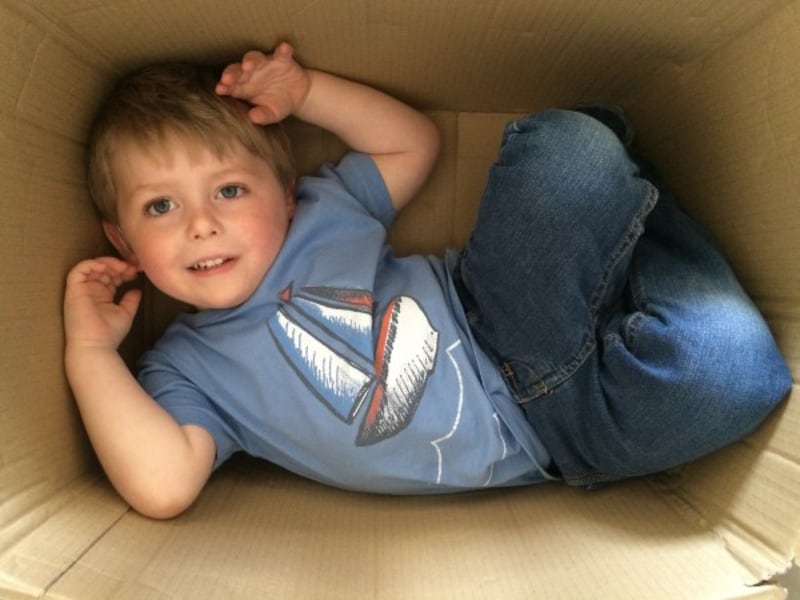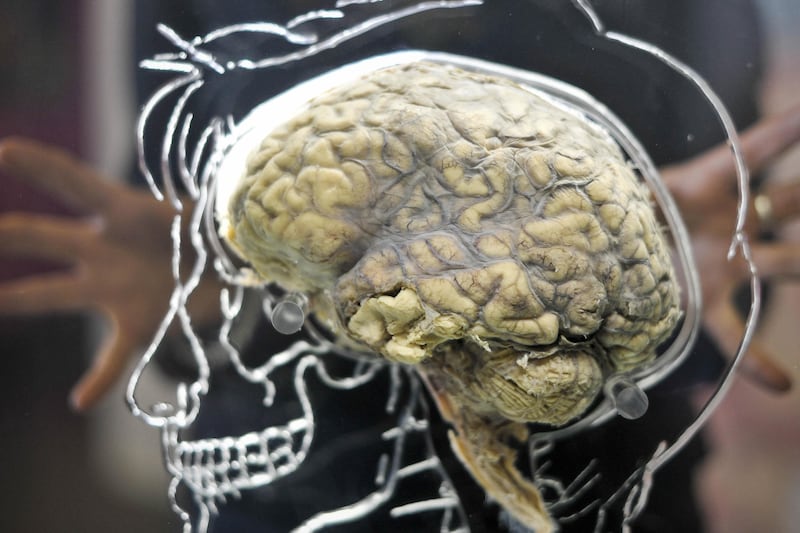A non psycho-active compound found in cannabis is to be tested on children with brain tumours after a four-year-old boy’s tumour shrunk by two-thirds using cannabidiol (CBD).
The Children’s Brain Tumour Research Centre in Nottingham is hoping to raise £100,000 to fund the new project and has received two kick-starter donations from brain tumour charities to start the total off at £55,000.
The research is being championed by the family of four-year-old William Frost from Nottinghamshire, who was diagnosed with an aggressive ependymoma brain tumour three years ago.

His dad Steve said: “We were told halfway through 2016 that nothing more could be done for William. We couldn’t bear to accept the news and decided to look into alternative treatments.
“The two options we started were a low carbohydrate (ketogenic) diet and cannabidiol. Six months later, William’s tumour had shrunk by two-thirds. He is slowly improving and attending school part-time.”
Steve hopes that through the pre-clinical trials, they can help find out whether CBD contributed to the reduction in the tumour’s size.
Among cancers, brain tumours are the biggest killers of children, as well as adults over 40, in the UK yet less than 1% of government cancer research funding goes towards them.
£55,395 Raised So Far… https://t.co/BfSJR2xaE4 pic.twitter.com/aPVlrl0ghi
— Stephen Frost (@makewilliamwell) May 1, 2017
“New ways to treat childhood brain tumours are urgently needed,” lead researcher Richard Grundy said. “We are excited at the prospect of testing the effect of cannabidiol on brain tumour cells. “Increasingly, families are using CBD, often at great expense, presently there is no evidence that it might be of benefit or even what dose to use or how often.“It is therefore very important to obtain objective scientific evidence of whether CBD is active against children’s brain tumour cell lines.”The research team will grow cells either from ependymoma or glioma tumours, either with the addition of cannabidiol molecules or without.The level of cell death will be measured after a week and the presence of viable tumour cells in each sample will be analysed. Grundy said: “We expect the cells (brain tumour and normal brain) grown in our standard conditions to be healthy and actively dividing.“We expect that normal brain cells grown in cannabidiol will remain healthy. However, we expect the brain tumour cells grown in cannabidiol to stop growing and die.”To help raise money for the research, visit the JustGiving page.






